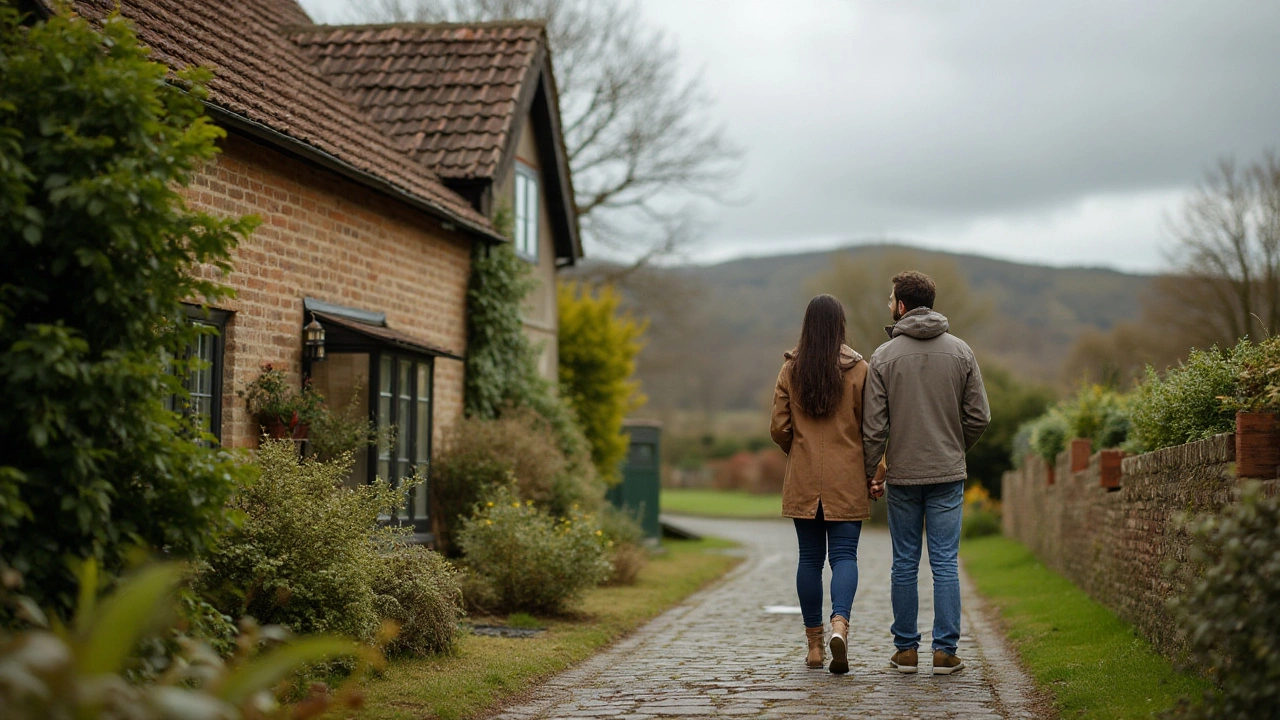Home Purchase: Simple Steps to Get Your Keys Faster
Thinking about buying a house? You probably have a mix of excitement and worry. The good news is you don’t need a finance degree to make a smart move. In the next few minutes we’ll break down the most useful steps so you can start watching listings with confidence.
Key Steps Before You Start
First, figure out how much you can actually spend. Pull up your bank statements, note any regular bills and see what you could afford for a monthly mortgage payment. A common rule is that your housing cost should be no more than 30% of your net income, but you can adjust it based on your lifestyle.
Next, check your credit score. Lenders use it to decide your interest rate, and a higher score usually means lower payments. If you’re below 650, consider paying down a few small debts before you apply. This effort can shave a few hundred pounds off your loan over time.
Now, think about the down payment. The classic 20% rule still works for many, but you can buy with as little as 5% if you qualify for a government‑backed loan or a shared‑ownership scheme. Remember, a smaller deposit means a bigger loan and higher interest, so balance the upfront cash you have with the long‑term cost.
While you’re sorting money, start scouting for a good real‑estate agent. Look for someone who knows the Florin Court area, answers your calls promptly and isn’t afraid to show you both cheap and pricey options. A solid agent can save you weeks of searching and help you negotiate better terms.
Avoid Common Mistakes
Don’t skip the mortgage pre‑approval. Getting pre‑approved shows sellers you’re serious and gives you a clear price ceiling. It also prevents the disappointment of falling in love with a house that later turns out to be out of reach.
Watch out for hidden costs. Stamp duty, legal fees, moving expenses and even a small amount of “surprise” repairs can add up fast. Add at least 2–3% of the purchase price to your budget for these items.
If you’re considering shared ownership, read the fine print. You’ll pay rent on the portion you don’t own and may have restrictions on selling the share. Still, it’s a great way to get on the property ladder if you’re priced out of full ownership.
Lastly, trust your gut but stay realistic. A home should fit your needs now and a few years down the line. Think about commute, schools, local shops and future development plans. A quick online search or a chat with neighbors can reveal a lot.
Buying a home isn’t a sprint; it’s a series of small, sensible decisions. Keep your budget clear, your credit healthy, and your expectations realistic, and you’ll move from "just looking" to "just moved in" without feeling overwhelmed.

Is a $20,000 Down Payment Enough for Your First Home?
Buying a home is a significant milestone, especially for first-time buyers. With housing prices soaring, determining the right down payment can be a daunting task. This article delves into the suitability of a $20,000 down payment, exploring factors such as location, market conditions, and mortgage options. It's essential to consider your budget, long-term financial goals, and the implications of a smaller down payment before making a decision.

First-Time Homebuyer Guide: Affording a House on a $70,000 Salary
Navigating the home buying landscape can be daunting, especially when you're trying to figure out how much house you can afford on a $70,000 annual salary. This guide delves into understanding your budget, explores key financial considerations, and offers practical tips to help you make a wise investment. It's essential to assess living expenses, debts, and potential mortgage rates to ensure financial security in your new home purchase.

Is Buying a House with No Money Down a Smart Move?
Navigating the world of real estate as a first-time homebuyer can be daunting, especially when considering purchasing a house with no money down. This article explores whether this strategy is wise, delving into the potential benefits and drawbacks. We'll look into government programs that might assist in such purchases, the risks involved, and offer tips for those considering this path. Understand the implications of zero-down mortgages and if this approach suits your financial situation.